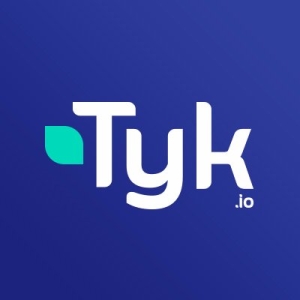Tyk offers valuable features such as security management, open-source expansion, and comprehensive API functionalities. Users appreciate load balancing, circuit-breaker functions, integration with tools like Datadog, and easy setup. They highlight API versioning, customizable options, traffic management, and developer portals. Tyk's UX/UI is user-friendly, and costs are more predictable than competitors. Despite early-stage limitations, it remains highly customizable, allowing effective configuration of identity and access management, token validation, and network challenges.
- "Customer support is excellent, and their support personnel, along with professional services, know the product really well, resulting in a good experience dealing with them."
- "The scalability is very good. That was a key factor in the selection, like how it could be pushed to high volume and scalability, which seemed to be very good."
- "The portal for developers that this solution provides has great functionality."
Tyk needs to improve automation processes and customization options, especially in its cloud version. Users find the cloud version limited in flexibility. Enhancing documentation tools and providing integration packs could simplify deployment. Communication with users could be better, particularly regarding enhancements. Stability of new features needs addressing, and the developer portal and AI capabilities require advancements. The developer community could benefit from more active engagement and support.
- "Compared to Apigee or Kong, I find they excel beyond Tyk, which is the reason for my score."
- "In terms of our usage, the main area of concern is that they tend to build enhancements slightly ahead of the considerations for what those enhancements and extensions are. So it could be slightly better communication with the customer base that would be my main issue with them."
- "We would like a better tool for generating documentation for the APIs to be developed."



